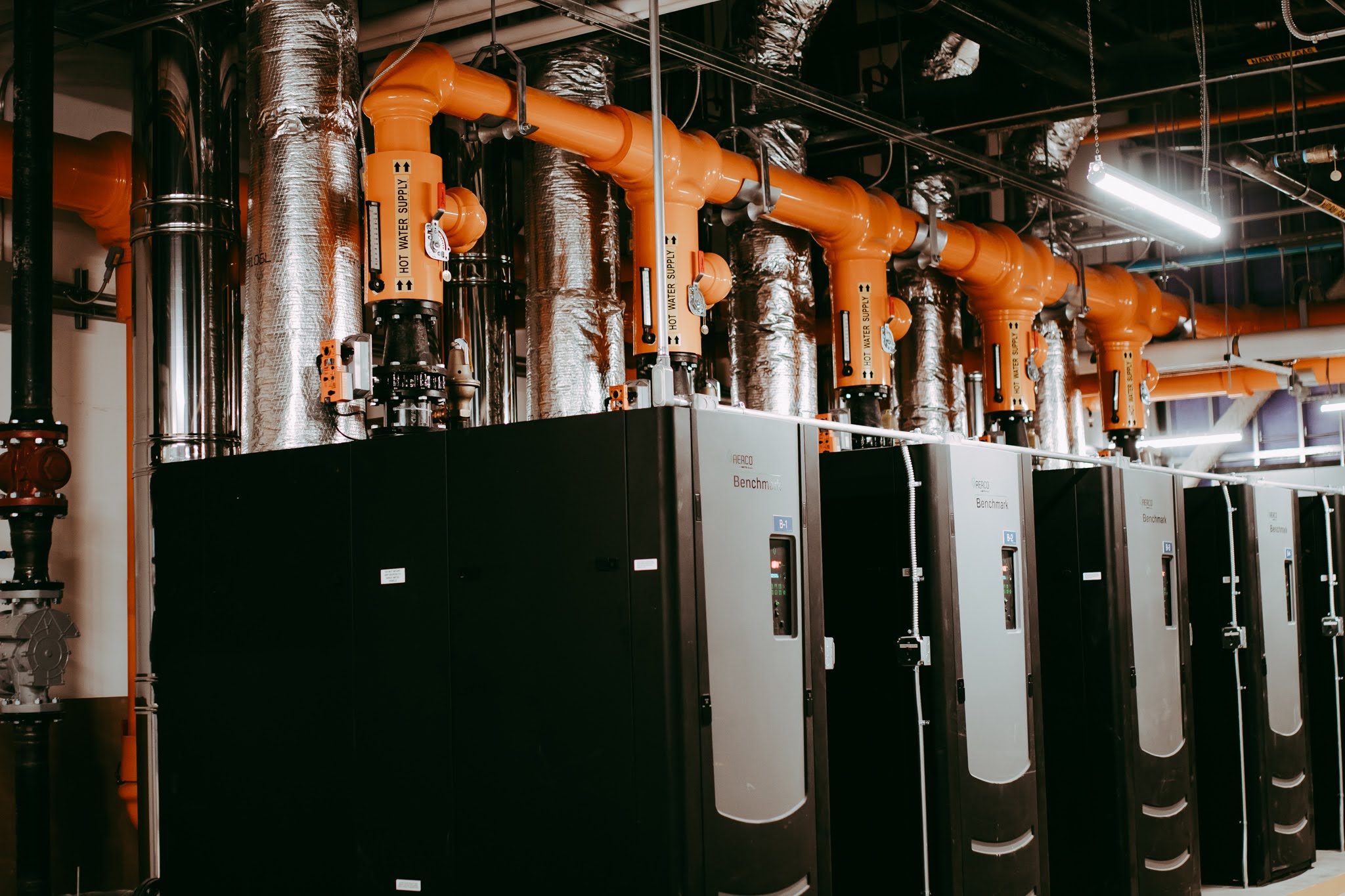Published September 16, 2024

Hydronic heating and cooling systems have become a popular choice for commercial buildings due to their efficiency and ability to provide comfortable indoor environments. These systems use water or a water-glycol solution to transfer heat, making them an eco-friendly and effective solution for temperature regulation. However, servicing these systems requires a high level of expertise and specialized knowledge. Here’s how to hire experienced professionals to install and maintain your hydronic heating and cooling system with glycol.
Hydronic systems utilize water or glycol to distribute heat or cooling throughout a building. They are comprised of these 5 components:
Servicing hydronic systems is not a task for the inexperienced. These systems are complex and require detailed knowledge to maintain and repair effectively. Here are some challenges associated with servicing hydronic heating and cooling systems:
Given the complexity of hydronic systems, it’s crucial to hire experienced and reputable professionals for their servicing and installation. Piping Systems is a prime example of a company that offers the expertise needed to handle these sophisticated systems. Here’s why choosing a professional like Piping Systems makes a difference:
Commercial customers prefer hydronic systems to other HVAC systems due to their unparalleled efficiency, comfort, and environmental benefits. Unlike forced-air systems that can create drafts and uneven temperature distribution, hydronic systems provide consistent and uniform heating or cooling by circulating water through a network of pipes. This results in a more comfortable indoor environment with less fluctuation in temperature.
Additionally, hydronic systems operate more quietly and reduce the circulation of allergens and dust, contributing to better indoor air quality. Their high efficiency translates to lower energy consumption and reduced utility bills, making them a cost-effective solution over the long term. Furthermore, because water has a higher heat capacity than air, hydronic systems can transfer energy more effectively, leading to significant energy savings and a smaller carbon footprint. These advantages make hydronic systems an ideal choice for both residential and commercial applications, offering superior performance and sustainability.
Hydronic heating and cooling systems are an excellent choice for energy-efficient and comfortable temperature control. However, their complexity demands a high level of expertise for servicing and installation. By hiring an experienced and reputable company like Piping Systems, you can ensure that your hydronic system is maintained correctly, operates efficiently, and lasts for many years. Trust the professionals to keep your environment comfortable and your systems running smoothly.
For more information on servicing or installing hydronic heating and cooling systems in the greater MA/RI area, contact Piping Systems.
Hydronics is a generic term which refers to the use of liquid water or gaseous water or a water solution (usually glycol with water) as heat-transfer medium in heating and cooling systems. Controls and control valves are required and installed with a hydronic system. A hydronic HVAC system uses water as the primary fluid to transfer energy throughout the building. To deliver heat, the system must have a heat source, such as a boiler, and to provide cooling, the system must have a cooling source, such as a chiller or cooling tower.